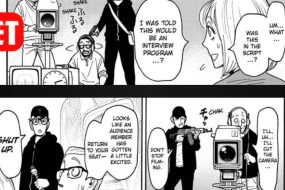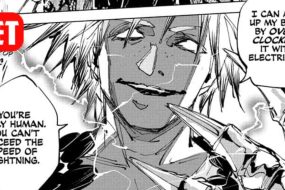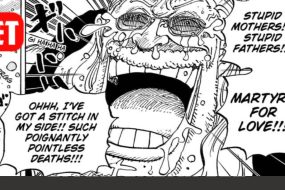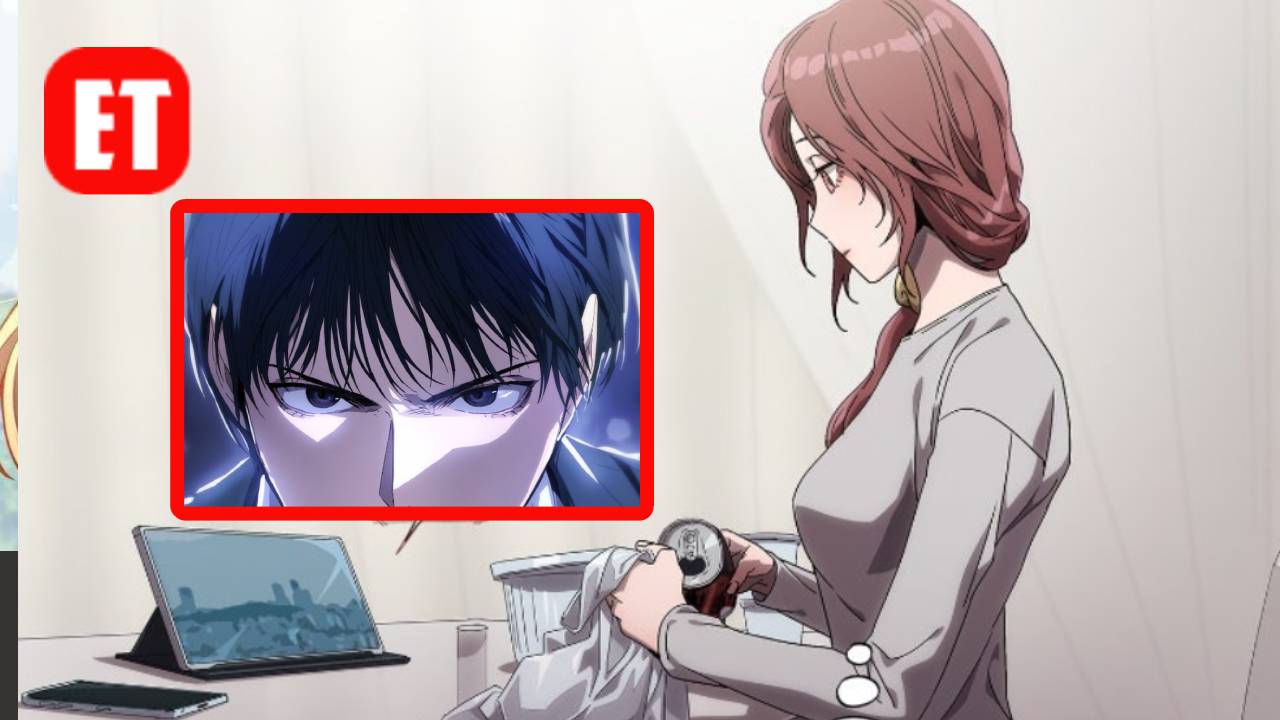
A story that begins with heartbreak and ends in a world where drama is currency has become one of the most discussed titles among readers of fantasy-romance manga. Trapped in a Soap Opera follows Jia Han, a young woman who has endured abandonment, poverty, and years of scraping by alone. Her long-awaited achievement—owning a home—lasts mere moments before fate swoops in cruelly. In a twist that blends tragedy with eerily poetic irony, Jia collapses while watching her favorite soap opera, a depiction of glamorous lives and scandalous fortunes far from her own. Her death is abrupt, unexpected, and final, at least according to the reality she knew. But her story is only beginning.
Fans of dramatic reincarnation tales will recognize the setup, yet what makes this series stand apart is its commitment to emotional realism in the face of fantasy. Jia awakens not in an afterlife, and not in a peaceful alternate reality, but right inside the drama she adored. Worse—she is not the heroine. She is the villainess, the character destined for humiliation, loss, and ruin. This premise, bold and unforgiving, taps into a powerful trend in contemporary manga and manhwa storytelling: the reclamation of narrative roles historically designed for suffering. Jia’s new world is a battlefield of whispered betrayals, smoldering stares, and reputations shattered by a single misstep. Every gesture is a trap. Every ally is a question mark. Within this heightened emotional minefield, her survival depends on dismantling the role fate assigned her.
Artist Ganno and writer Apricot.K build this universe with a signature mix of emotional nuance and exaggerated drama. The artwork leans into beauty and elegance, yet there is tension behind every line. Expressions linger on the edge of mistrust, and the lavish setting carries a shadow behind its glamour. This is not just escapism. It is commentary—on class fantasies, on social scripts, and on the artificial worlds viewers consume to escape their own challenges. The drama inside the drama becomes both entertainment and threat.
Jia Han’s journey mirrors the experience of many who have felt life’s hardships dull the promise of joy. When she dies at her happiest moment, it is not only tragic—it is a thematic device that asks, What if the victory you struggled a lifetime to earn still isn’t the end of your struggles? Her entry into a soap-opera-style existence is not a reward, but a test. She must navigate manipulative nobles, scheming rivals, and a central male lead whose charm is matched by his unpredictability. Romance here is not comforting; it is weaponized. A smile can wound. A confession can condemn. Power is emotional currency, and Jia must learn to hold her heart like armor.
With obsessive fans and critics aligned in curiosity, the manga has cultivated significant buzz, not only for its dramatic storytelling but for its grounded protagonist. Unlike many reincarnation heroines who quickly adapt, Jia is overwhelmed, terrified, and painfully human. Her story is as much about emotional resilience as it is about rewriting destiny. Each moment tests her identity: Will she cling to who she was, or reshape herself to survive this glamorous nightmare? Readers respond strongly to this internal tension, praising the series for offering both entertainment and introspection.
As anticipation builds, speculation surrounding a potential anime adaptation grows louder. For a series so deeply rooted in melodrama and visual symbolism, animation could elevate the intensity even further. Anime thrives on heightened emotion, sharp tonal shifts, and characters caught between desire and consequence—elements that Trapped in a Soap Opera embodies from its first page. Studio rumors and fan wish-lists continue circulating, though no official announcement has been confirmed. What the community does know is that if adapted faithfully, the series could join the ranks of breakout fantasy-romance hits that blend psychological stakes with lush world-building.
Expectations are high. Viewers want emotional impact, dynamic pacing, and faithful character expression. This story relies not on surprising plot twists alone, but on lingering beats of fear, longing, frustration, and self-discovery. A musical score capable of capturing both intimate sorrow and grand theatrical flair will be essential. The voice acting, in particular, will carry tremendous weight. Jia’s vulnerability and her gradual sharpening resolve must be conveyed with subtlety, not caricature. The supporting cast—scheming noblewomen, mysterious romantic interests, nosy aristocrats, and opportunistic social climbers—must embody their roles with a balance of melodramatic flair and psychological depth. Adapted wisely, it could become a benchmark for emotionally driven fantasy anime. Rushed or oversimplified, it risks losing the delicate tension that makes fans cling to each chapter.
What stands out most is how modern escapist media has evolved. Stories like this no longer simply whisk characters to idyllic lands. They interrogate fantasy’s price. Reincarnation is not salvation but confrontation. Happiness, when found, must be earned not by fate’s blessing but by emotional growth and strategic intelligence. The villainess-to-heroine arc has become a cultural touchpoint, resonating not because audiences want cruelty reversed, but because many recognize the desire to rewrite narratives imposed upon them—whether by circumstance, society, or internal doubt.
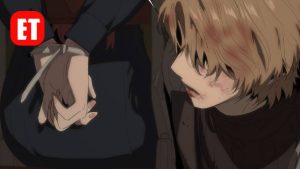
In Trapped in a Soap Opera, tragedy becomes opportunity. Vulnerability becomes strength. When Jia Han opens her eyes in her new life, she is not grateful—she is terrified. Yet with each chapter, she edges closer to mastering the very world that once dictated her doom. That journey has captured readers not simply because of romance or intrigue, but because it reflects a fundamental human defiance: the insistence on redefining one’s fate, even when the script seems unchangeable.
Whether fans first discovered the series for its dramatic premise, emotional resonance, or lush visuals, the response has been consistent: this story feels meaningful beneath its glittering surface. There is catharsis in watching a woman who endured hardship seize control of a world that expects her to fall. There is thrill in watching her outsmart a narrative written against her. And there is hope in seeing resilience triumph in a universe powered by emotional warfare.
The manga continues its rise, propelled by fan devotion and mounting curiosity about a potential anime release. For now, readers remain immersed in Jia Han’s struggle, watching as she learns to survive—and perhaps even thrive—in a world where every smile hides a motive and every heartbeat echoes like a plot twist. If the story reaches screens, audiences can expect not only drama and glamour, but a compelling portrait of a woman learning to control the script that once controlled her. The spotlight is ready; now the industry waits to see if the curtain will rise.





